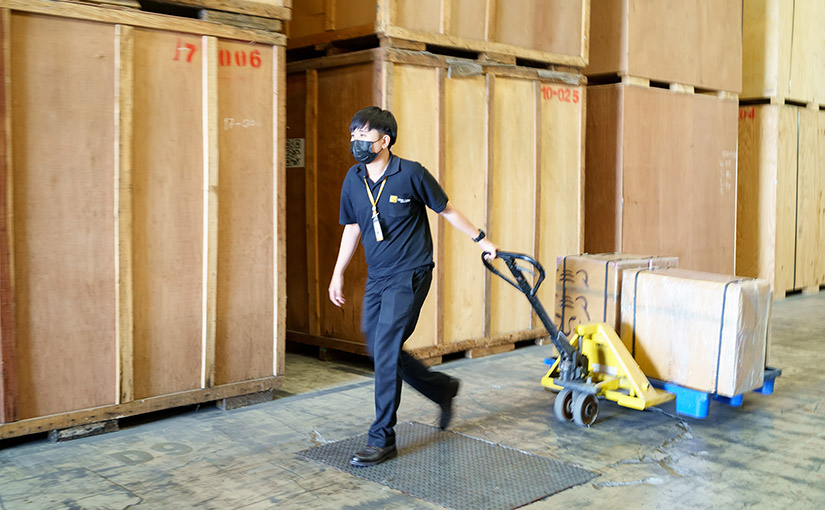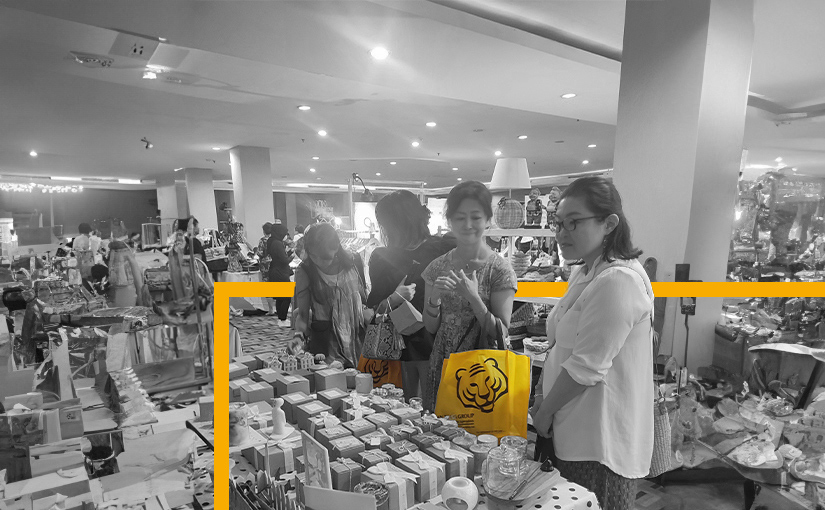What to Look for in a Storage Unit?

When one is out of space or needs to store stuff somewhere during a move or renovation, the ultimate option will often be renting a storage unit. But how does one go about choosing the right one for their needs? Options abound, and knowing what exactly to look for in a storage unit will mean your goods are safe and accessible, protected from the elements. In this article, we look at how to choose a storage unit by discussing the factors in terms of size, security, accessibility, and additional amenities.
Determine the Right Size
The first step in how to choose a storage unit is how to identify the size that is ideal for your needs. Storage units range in size, from small, locker-sized enclosures up to large, garage-sized units. In order not to overpay for space you may never use, or to select one that is too small for your requirements, inspect the items that you want to store:
- Small Units: 5×5 or 5×10 feet, which should be good to hold boxes, small furniture, seasonal items, or sports equipment.
- Medium Units: These are 10×10 or 10×15 feet and thus could hold furniture, appliances, and the contents of either a one- or two-bedroom apartment.
- Large Units: These can be 10×20 feet or larger, best for holding large furniture, the contents of a more spacious home, vehicles, or even business equipment.
Make a list of what you intend to store and ask for staff recommendations from storage facilities on unit size that best fits your belongings.
Security Features
When considering how to choose a storage unit, one major issue at the center of your thoughts is security. You want to keep your stuff very safe from theft or unauthorized access. Seek storage facilities that provide multi-layered security:
- Gated Access: A storage facility should have a gated entry that requires a unique code or keycard for access.
- Surveillance Cameras: One should opt for facilities monitored by 24/7 security cameras that help in deterring or viewing any potential theft or suspicious activity.
- On-Site Security Personnel: Several facilities provide on-site security personnel who monitor the property and add an extra layer of protection.
- Individual Unit Alarms: Depending on the facility, some storage units may have individual alarms that will notify the facility when unauthorized access has been attempted or made.
- Locks: Many storage facilities will require you to provide a sturdy, high-quality lock for your unit. Disc or cylinder locks are highly suggested due to their strength and difficulty to tamper with.
Climate Control Options
One factor that plays a large role in how to choose a storage unit is whether or not you need climate control. The climate-controlled units keep the temperature and humidity level the same, which is very important for protecting sensitive items. If you will be storing any of the following, a climate-controlled unit is highly suggested:
- Electronics: Computers, TVs, and other electronic devices are easily destroyed by extreme temperatures and humidity.
- Furniture: Extreme heat can also distort wooden furniture, whereas extreme cold can make leather items crack.
- Work of Art and Documentations: Paper, photos, and paintings are badly affected by extreme humidity and sudden humidity changes.
- Clothes: Fabrics can be easily subjected to mold, mildew, and other types of damage, which may be caused by damp conditions.
The climate-controlled units do cost a little more than a regular unit, but if you want to know that your valuables or sensitive items are well taken care of, it will be worth it.
Accessibility and Convenience
Thinking of choosing a storage unit, consider how frequently you will need access to your items. Facilities vary in terms of the level of access they can provide, so choose one that best fits your needs:
- 24-Hour Access: A few storage units offer 24/7 access, and this is pretty convenient in case you have irregular hours or need access to your items at times of the day when most businesses may be closed.
- Ground Floor or Drive-up Access: If you are storing heavy or very awkward items, choose a ground-floor unit or one that allows drive-up access to be able to park directly in front of your unit for easy loading and unloading.
- Elevators or Loading Docks: If you are placing items on higher floors, make sure the facility offers working elevators or loading docks that enable you to move things with much more comfort.
- Trolleys/Carts: Many facilities have trolleys or moving carts to assist in navigating heavy items within the facility.
Consider how often you will be visiting your unit and select a location that matches your needs in regards to accessibility.
Insurance Options
Another important aspect of how to choose a storage unit is to make sure your stuff is insured. Most storage facilities require tenants to have insurance, and many offer insurance policies for purchase directly through the facility. You can also check to see if your current homeowner’s or renter’s insurance policy covers off-site storage. If it doesn’t, consider purchasing a policy that covers specifically stored items.
Most of the storage insurances include coverage for damages caused by fire, theft, water damage, and other unforeseen eventualities. It is important to go through the terms so that you understand what you will be covered against and ensure your most valuable possessions are safe.
Cleanliness and Maintenance
When you visit a potential facility, make sure you note how clean the environment is and what general condition the property is in. A well-kept facility points to a management that is proud of the property and proud of its safety for your goods. Here are some things you should look out for:
- Cleanliness: The facility should be free of pests, dirt, and debris. The units also have to be clean and dry.
- Maintenance: Ensure that hallways are well-lit, and gates and doors function as they should. Apart from this, ensure that the perimeter is well-secured.
- Pest Control: Ascertain whether or not they have a means of preventing them; infestations may very well destroy your goods.
A clean, well-maintained facility will go a long way in ensuring your item remains in good condition throughout their storage duration.
Pricing and Lease Terms
Another vital aspect in how to choose a storage unit involves the pricing. The price can greatly differ due to different locations, sizes, and other amenities such as climate control. Here are a few things to remember about price:
- Rate Comparison: The rates should be sought from multiple storage facilities within your locality and compared with the size and features of the unit.
- Discounts: Most storage facilities offer promotions for new customers, which may include discounted rates for the first month or discounts for long-term leases.
- Lease Terms: Know what you are signing up for: the regularity of payment, any late fees, and how much one is supposed to pay in case of early termination.
In your trying to find something cheap, do not sacrifice what you will need in security and cleanliness.
Conclusion on How to Choose a Storage Unit
Understanding how to pick a storage unit involves several factors: size, security, climate control, and accessibility. Taking the time to evaluate your specific needs and doing an appropriate amount of research will lead you to the ideal storage solution for your items. Look first to those facilities that can boast of high-level security, clean and well-maintained spaces, and competitive pricing-a surefire way to keep your items safe and accessible when you need them.
If you’d like to discover the latest information about the moving and relocation world, please also check other industry news from Asian Tigers Group.
Your trusted moving support is only a few clicks away from your hand. Contact the Asian Tigers office near your origin or destination for your next move. You can also check our Frequently Asked Questions resource, AI-powered by Tiger Move Bot.









